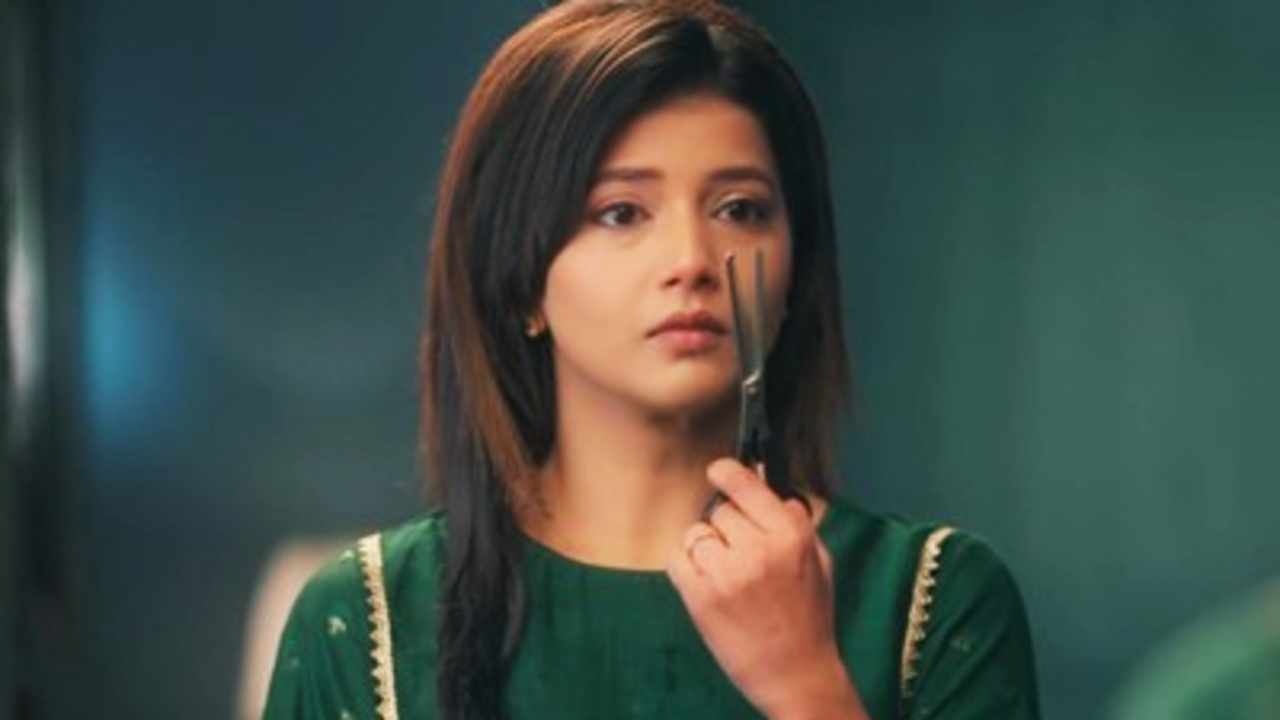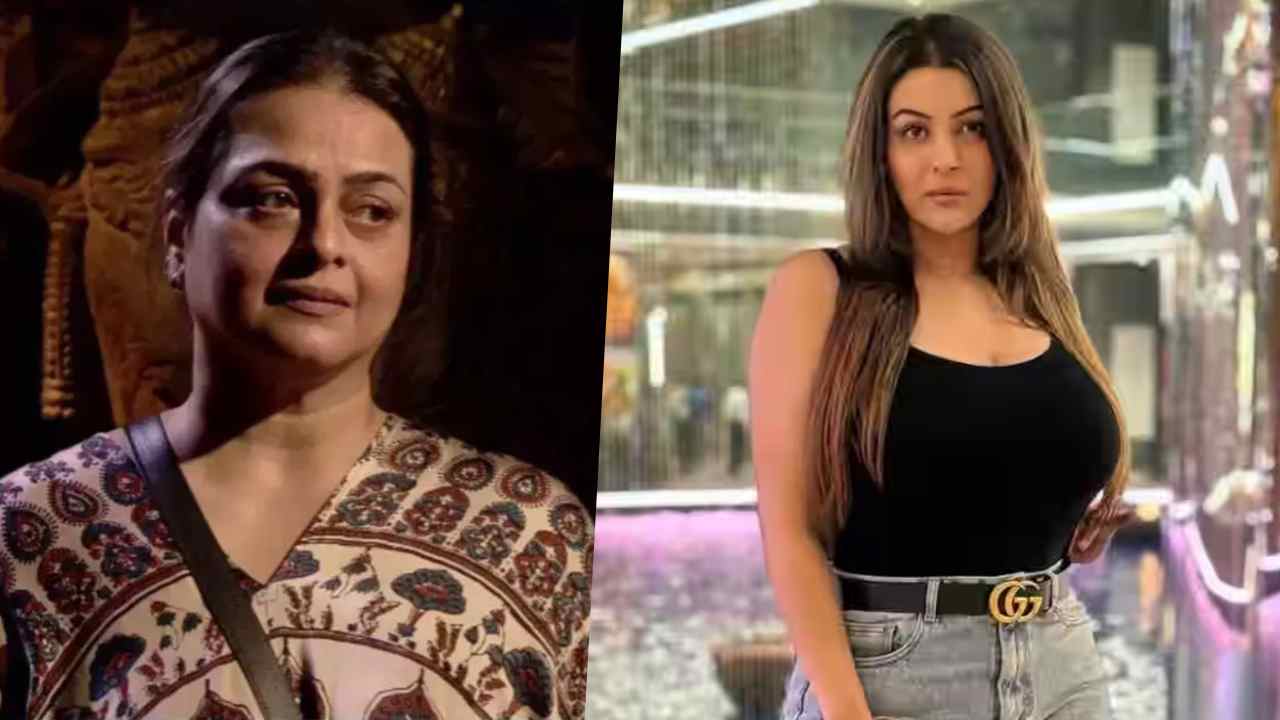Jani Master, a well-known choreographer celebrated for his work in numerous hit songs, including ‘Aaj Ki Raat’ from the upcoming film ‘Stree 2’ featuring Rajkummar Rao and Shraddha Kapoor, has made headlines for troubling reasons recently. The renowned National Award-winning choreographer has been accused of sexually harassing a fellow female choreographer. Following the allegations, Jani Master was arrested by the police under the POCSO Act, shocking fans and colleagues alike. Reports suggest that he has confessed to the charges against him, raising serious concerns within the film industry.
The Allegations Against Jani Master
The allegations stem from a complaint filed by a 21-year-old woman, who claims to have met Jani Master during a program in 2017. Two years later, he offered her a position as an assistant choreographer. The victim stated that the harassment occurred during a hotel stay in Mumbai while they were involved in a show. Significantly, the victim was a minor at the time of the alleged incidents. Following these serious allegations, the Telugu Film Chamber of Commerce and the Workers Union took prompt action by suspending Jani Master, showing that the industry is not tolerating such behavior.
Details of the Incident
According to the victim, alongside Jani Master, two other male assistants traveled to Mumbai for the show. Typically, she would stay with her mother; however, due to unavailability of tickets, she had to stay alone. Disturbingly, the victim has alleged that Jani Master threatened her with physical violence and mental torture during the photoshoot and rehearsals, warning her against filing a complaint. The police remand report indicates that the victim was only 16 years old when the abuse began and continued continuously over a span of four years. In a shocking revelation, she claims he also pressured her to convert to Islam and marry him, indicating the depth of manipulation and control exercised over her.
Industry Response and Implications
The allegations against Jani Master have provoked significant reactions within the industry and among fans. Many expressed their disbelief and disappointment, emphasizing the need for a safe and respectful environment for all professionals, especially in creative fields. The quick suspension from industry associations reflects a growing intolerance for misconduct and a commitment to support victims of harassment. As the investigation unfolds, it demands introspection within the entertainment world on workplace ethics and the protection of individuals who may be vulnerable.
Conclusion
The case against Jani Master serves as a stark reminder of the ongoing issues of harassment in various industries, including the entertainment sector. It highlights the essential need for appropriate measures to ensure accountability and promote a culture where everyone feels safe and respected. As the legal proceedings continue, there is hope that justice will be served, and the incident can lead to meaningful conversations about the treatment of individuals in professional environments.










